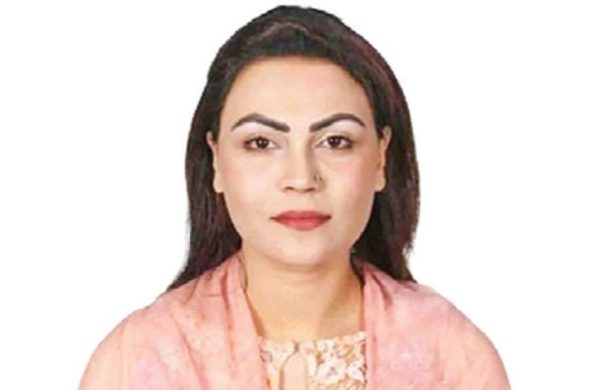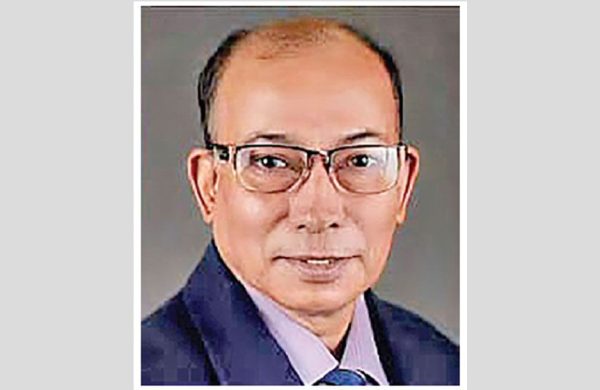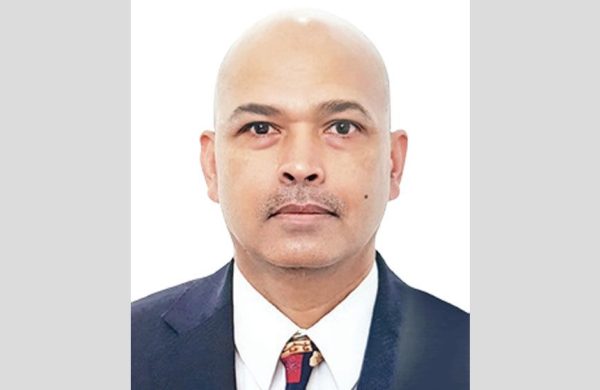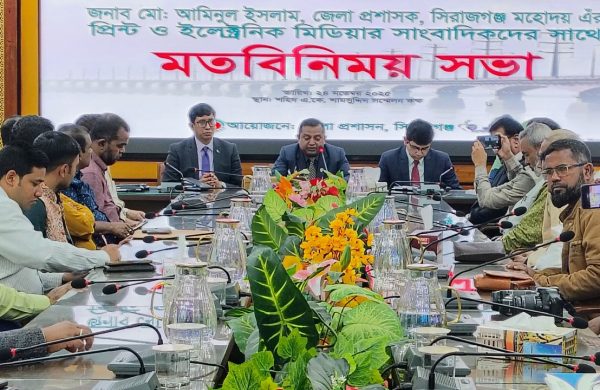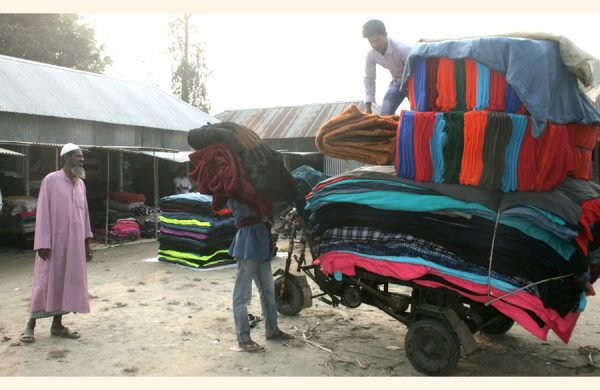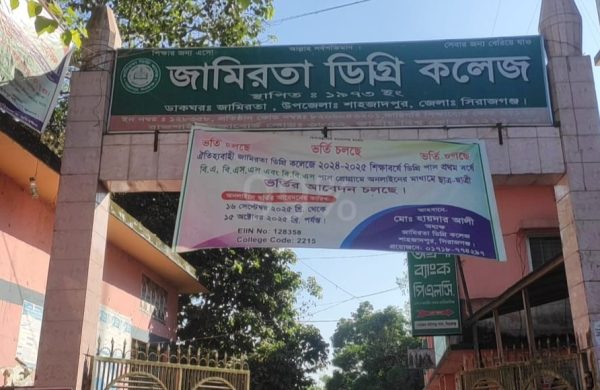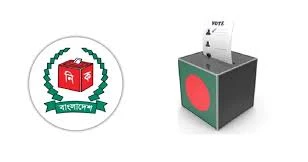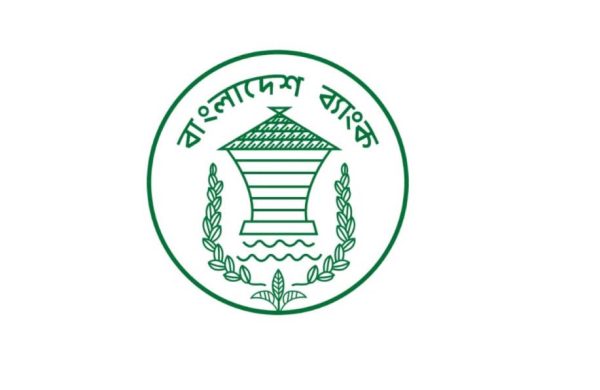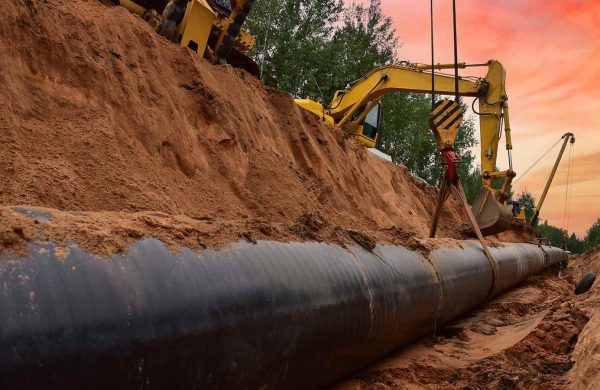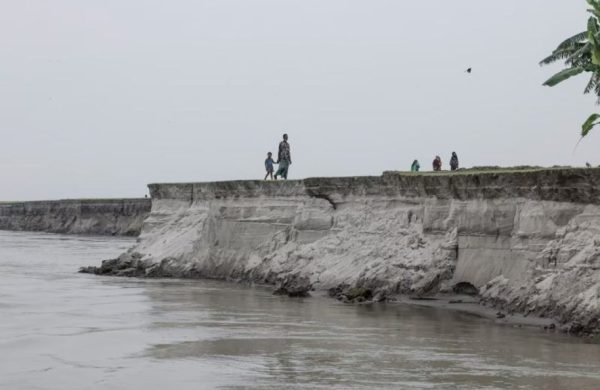Economic diplomacy in the time of geopolitical turbulence
- Update Time : Thursday, February 13, 2025

—Dr Zaidi Sattar—
With an increasingly transforming global landscape of trade and investment, Bangladesh will need strategic outward-oriented policies to cope with the challenges and opportunities emerging as it prepares to graduate from its LDC status to a developing country. Navigating the complexities of global trade, investment, and bilateral and multilateral negotiations will require a strategic and well-coordinated approach to economic diplomacy—a convergence of trade and foreign policy. The question is not whether Bangladesh needs economic diplomacy but how effectively it can leverage it to sustain exports and growth, create jobs, and secure its future in an increasingly fragmented world economy. Economic diplomacy, therefore, becomes a critical need of the hour in the evolving global geopolynomics (the confluence of geopolitics and geoeconomics in the global arena) of the current decade.
TURBULENCE IN THE GLOBAL TRADE ORDER
Geopolitics is reshaping the global economy. Countries, particularly in the Western alliance and the Russian bloc, are reevaluating their trading patterns based on economic and national security concerns. Policymakers in the East and West are increasingly focused on building economic resilience. Homeland economics, strategic autonomy, and supply chain diversification are taking precedence over trade openness.
For the past 80 years, globalisation has unlocked vast latent potential for value creation in the world economy, boosting growth, increasing incomes, and reducing poverty. Bangladesh was able to reap positive gains by leveraging globalisation. Reversing globalisation would almost certainly reverse these global gains, increase poverty, and result in a costly transition. Bangladesh will have to adopt effective economic diplomacy to minimise the impacts of deglobalisation forces while seizing any opportunities that arise.
Bangladesh’s policymakers must rise to the emerging challenges stemming from seismic shifts in global trade patterns. Geopolitical tensions, protectionist policies, and supply chain realignments—such as the China+1 strategy—are redefining international commerce. Trump’s on-again, off-again tariffs are already underway, adding fuel to the fire. Bangladesh, once a beneficiary of globalisation, must now proactively adapt to these changes. Trade restrictions have more than tripled since 2019, according to the WTO, making it imperative for Bangladesh to forge resilient trade relationships while preserving its hard-earned export advantages.
One of the most immediate concerns is the loss of preferential trade benefits post-LDC graduation. While developed markets such as the EU and the UK have provided tariff-free access to Bangladeshi exports, these privileges will soon be phased out. This underscores the urgency of securing Free Trade Agreements (FTAs) and Comprehensive Economic Partnership Agreements (CEPAs) with key trading partners, including Japan, Singapore, India, Malaysia, and other non-traditional trading partners. Unfortunately, Bangladesh’s progress in these negotiations has been slow, often hindered by high tariff barriers, protectionist lobbies, and bureaucratic inefficiencies. Economic diplomacy must take centre stage to expedite these agreements and ensure a smooth transition into a new global trade regime.
STRENGTHENING TRADE AND INVESTMENT POLICY
Economic diplomacy is not just about securing trade deals—it is about creating a business environment that attracts investment, fosters innovation, and enhances competitiveness. Bangladesh’s current investment climate, marred by regulatory hurdles and inefficiencies in banking and customs, must be reformed to signal to foreign investors that the country is open for business. Greater trade openness and an outward-looking trade regime are essential to attract FDI.
The Bangladesh Investment Development Authority (BIDA) and the Export Promotion Bureau (EPB) must work in close coordination with the Ministry of Foreign Affairs (MoFA) to align trade and foreign policy objectives. Diplomatic missions abroad should be more actively involved in economic promotion, facilitating investment dialogues, and showcasing Bangladesh as a stable and attractive destination for business.
Moreover, tariff rationalisation is an urgent necessity. Bangladesh’s protective tariff regime, designed to shield domestic industries, often discourages investment and stifles competition. A well-calibrated policy that balances protection with trade openness will be essential to fostering sustainable industrial growth while ensuring market access in an increasingly competitive global economy.
MULTILATERALISM AND BANGLADESH’S GLOBAL STANDING
For decades, Bangladesh has been a strong proponent of multilateralism, benefiting from WTO agreements and regional trade initiatives. However, with major economies increasingly prioritising bilateral and regional agreements, Bangladesh must adopt a more pragmatic approach. While advocating for a rules-based international order, it must also engage in strategic bilateral and regional negotiations to secure market access and investment flows.
Additionally, Bangladesh’s growing leadership in global climate action presents an opportunity to enhance its diplomatic influence. As a climate-vulnerable nation, it has a vested interest in global sustainability efforts. Integrating environmental diplomacy into economic negotiations can not only secure green financing but also position Bangladesh as a key player in global sustainability dialogues.
ECONOMIC DIPLOMACY FOR A DEVELOPING ECONOMY
In pursuit of economic diplomacy, the first task at hand for Bangladesh is to articulate the economic goals of this developing nation—achieving rapid and inclusive growth by ensuring macroeconomic stability (both internal and external), creating jobs, and reducing poverty within the shortest period. The immediate and mid-term goals and milestones include coping with the challenges of LDC graduation in November 2026, alongside the prospect of losing preferential access to major markets. Next is the goal of crossing the Middle-Income Country threshold in the early 2030s. Achieving these goals while navigating the evolving global economic landscape will require skilful economic diplomacy integrated into its trade and investment promotion strategies.
In the domestic sphere, there is a critical need to establish coherence between inter-sectoral and inter-ministerial policy pursuits. Thus, it is essential for the government to seek alignment between its trade policy, foreign policy, and other policy objectives, such as human rights, sustainable development, and greater equity, to reassure its international partners.
BANGLADESH’S STANCE IN ECONOMIC DIPLOMACY
Now more than ever, Bangladesh must maintain strong diplomatic and economic relations with its trading partners, regardless of the blocs or alliances they belong to. Bangladesh’s leading export destinations are the EU, UK, and North America (US and Canada), followed by Japan and others in the East Asia and Pacific region. Its leading import sources are China and India, followed by Japan, Singapore, the US, and others. Geopolitical tensions exist among these countries and regions.
For a small economy like Bangladesh, the ideal stance in the global marketplace is “friendship with all, malice towards none.” Given the evolving geopolynomics, this requires articulating a strategic economic diplomacy approach with regional and global trading partners. The course taken by Vietnam since its WTO accession in 2007 could serve as a model, but Bangladesh must develop its own framework for economic diplomacy tailored to its development goals and economic potential.
THE ROLE OF ECONOMIC STATECRAFT
With LDC graduation looming and preferential market access for exports likely to shrink, Bangladesh must position its trade policy to harness past gains from the global economy. Despite rising protectionism in some developed markets, trade openness must remain an integral component of Bangladesh’s trade stance over the coming decade, simply because its domestic market is no match to the scale economies provided by the global market of over $100 trillion.
In this context, economic statecraft comes into play. For Bangladesh, this means offering options based on mutual interests and benefits, with an expectation of differential treatment when negotiating with more developed economies or large regional groups that support open trade. Another key principle is that gaining market access through negotiations (e.g., FTAs) involves reciprocity—market access received in exchange for market access and other cooperation offered. However, the terms of exchange need not be equal if the negotiating parties are at different levels of development. This is where economic diplomacy begins.
ECONOMIC DIPLOMACY FRAMEWORK FOR BANGLADESH
The ideal framework for economic diplomacy should seek to strike a strategic balance between trade openness to drive exports and growth while providing time-bound and performance-based protection to domestic manufacturing industries. Going forward, as a developing economy, Bangladesh should continue on a path of export-led growth for at least the next decade. In adhering to this framework, some guiding principles will be important.
First, in the current context of the evolving post-Bretton Woods trade order, Bangladesh must position itself as a friendly, trade-oriented economy vying for wider market access to regional groups and long-established trading partners, keeping rising tensions across regional and power blocs only in the rearview mirror.
Second, export-orientation in trade and import-substitute industrialisation domestically must be based on principles of comparative advantage, given Bangladesh’s resource endowments. However, the source of comparative advantage could shift over time as the skill intensity of goods and services production evolves over time. To maintain its dynamic competitive advantage, Bangladesh must engage in upskilling its labour force as traded products become increasingly skill-intensive.
Third, domestic interests need to be appropriately safeguarded without turning trade and investment policies too inward-oriented. Tariff rationalisation has been a longstanding reform priority that could be intertwined with negotiating options for free trade agreements, whether bilateral or regional.
Fourth, Bangladesh has been lagging behind in many critical areas of economic reform, not least in trade policy. The interim government is strongly committed to reforms in several areas of national importance, including economic reforms in banking, finance, taxes and subsidies, and international trade and investment. A reformist government sends a strong positive message to potential foreign investors who look for investment opportunities on a global scale.
Finally, Bangladesh has been playing a notable role in supporting climate action—a global public good. It has also been an important player in defending and promoting the interests of LDCs in international fora while demonstrating its strong commitment to the rules-based international order under the WTO framework. Going forward, these elements must remain key drivers of its economic diplomacy framework.
———————————————————–
Dr Zaidi Sattar is chairman of Policy Research Institute of Bangladesh (PRI).



